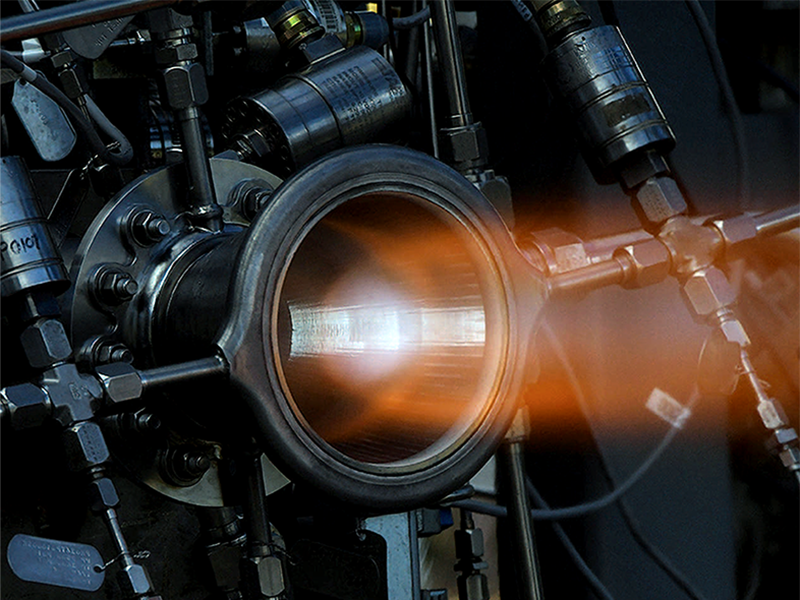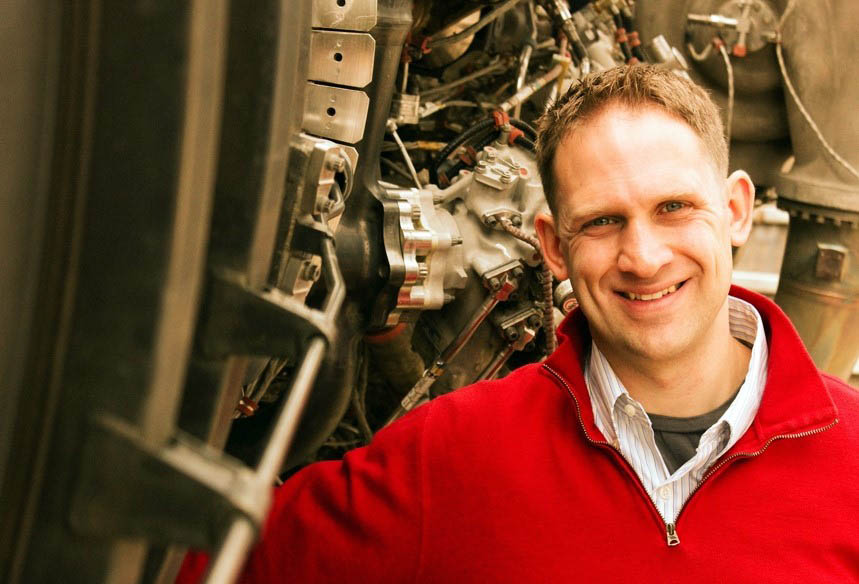NASA's Laser Wire Direct Closeout Technology Webinar
Low-cost, large-scale liquid rocket engines with regeneratively cooled nozzles will enable reliable and reduced-cost access to space. Coolant, contained under high pressure, circulates through a bank of channels within the nozzle to properly cool the nozzle walls to withstand high temperatures and prevent failure. It has been a challenge to affordably manufacture and close out the intricate nozzle channels. As such, NASA researchers at Marshall Space Flight Center have developed a robust and simplified additive manufacturing technology to build the nozzle liner outer jacket to close out the channels within and contain the high-pressure coolant.
The new Laser Wire Direct Closeout (LWDC) capability reduces the time to fabricate the nozzle and allows for real-time inspection during the build. One variation enables a bimetallic part (copper/super-alloy, e.g.) to help optimize material where it is needed. LWDC technology enables an improved channel wall nozzle with an outer liner that is fused to the inner liner to contain the coolant. It is an additive manufacturing technology that builds upon large-scale cladding techniques that have been used for many years in the oil and gas industry and in the repair industry for aerospace components.<p>
During the webinar, you will learn much more about this novel technology, as well as how NASA’s technologies and capabilities are available to industry and other organizations through the NASA Technology Transfer Program.
For more information on the technology, please click here.

Paul Gradl is a senior propulsion engineer in the Liquid Rocket Engine Component Technology Branch at NASA Marshall Space Flight Center. He leads the manufacturing, design, development, and testing of engine components, including nozzles and chambers. Over the past 16 years, he has supported a variety of component development and flight programs, and he has led technology development including additive manufacturing, advanced manufacturing, and measurement techniques related to chambers and nozzles.




